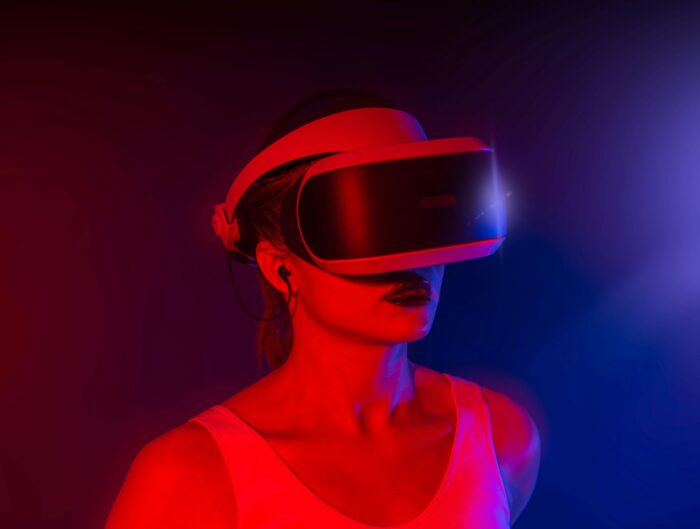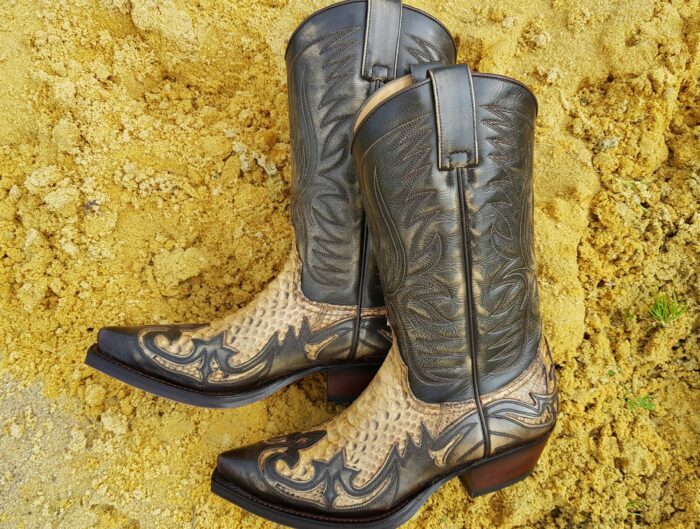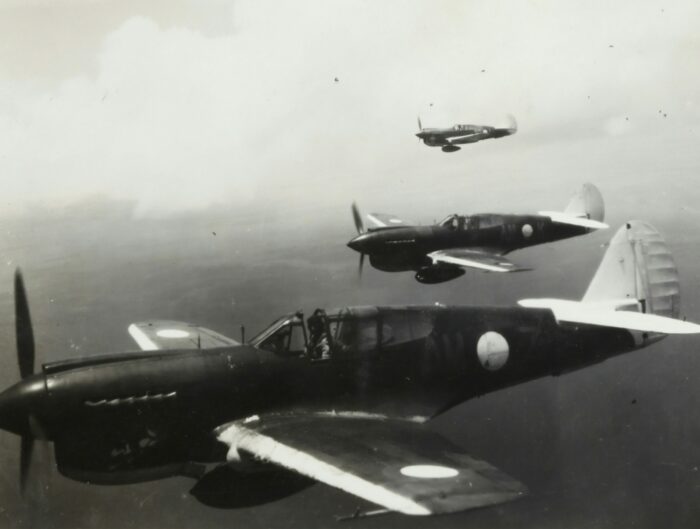I admit I’m freaked out about going under in two days to get big teeth from the back of my mouth pulled, and somehow this devolves into my older sister crouched over her phone after dinner, watching surgeons take metal hammers to hip sockets.
“The clang is enough for me,” I turn from her invitation to look.
My sister wants the video angle to be more instructive, which is a way (I guess) of saying she wants the camera to show how the hammer can pop the bone ball from its bone socket. She works at a hospital, a pharmacist. She fainted once in seventh grade when she got her finger pricked for a science experiment, but now she tells me of the machines that suck organs from abdomens and of the other surgeries she’s seen.
My sister and I, as a prerequisite for a conversation like this, became two very different people. Before that, strangers used to ask if we were twins, and we’d lie and say “yes” in tandem while our mother shook her head. Sometimes my sister and I still collide mid-sentence, using the same words and tone modulations. But at the table, I try to understand as little as possible of what she says. I tell her this outright. “I am trying to understand as little as possible of what you say.”
When I write about my sister, she usually doesn’t like hearing what I have to say either. (To the part about her fainting in seventh grade, she’d respond, “That was one time. It’s different with other people’s blood”).
She mentions bowels hung on hooks to get to some graver injury. This seems like something a body doesn’t come back from — the coldness the intestines must endure while on the line. But, really, what I am afraid of is my body unattended, my body at mercy to someone else.
Once the video has ended, she says, “I think you could see a kidney transplanted. It’s so small.”
She had liked how they carried it across the hallway.
“They just walked a kidney out in the open?”
I envision it in the palm of a hand, and my sister says, “In a metal tray on ice.” They walk from the donor’s room to the room of the patient receiving the kidney. “I didn’t know this before, but they leave the old kidney in the body when they transplant the new one.”
“Just in there with the other ones?”
My sister nods.
We both want to say the next thing, but it’s my turn, so I say, “That’s actually kind of beautiful.”
Back before my sister and I became two very different people, I took biology classes too — the easy ones, ones where we had to color in the flush of little organs on worksheets. I learned that kidneys are blood filters. I acquired the vocabulary of nephrons. The textbook humans never ruptured, but my sister understands that there are people walking around with donor gaps in their abdomens, others with a broken bit of themselves still nestled in with the rest.
She stashes her phone away from me. “Don’t get me wrong — it’s not that beautiful,” she admits. “The third kidney. But somehow we figured out keeping it works. That’s how we mend.” ◆


